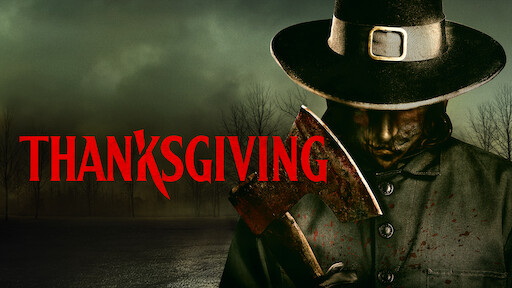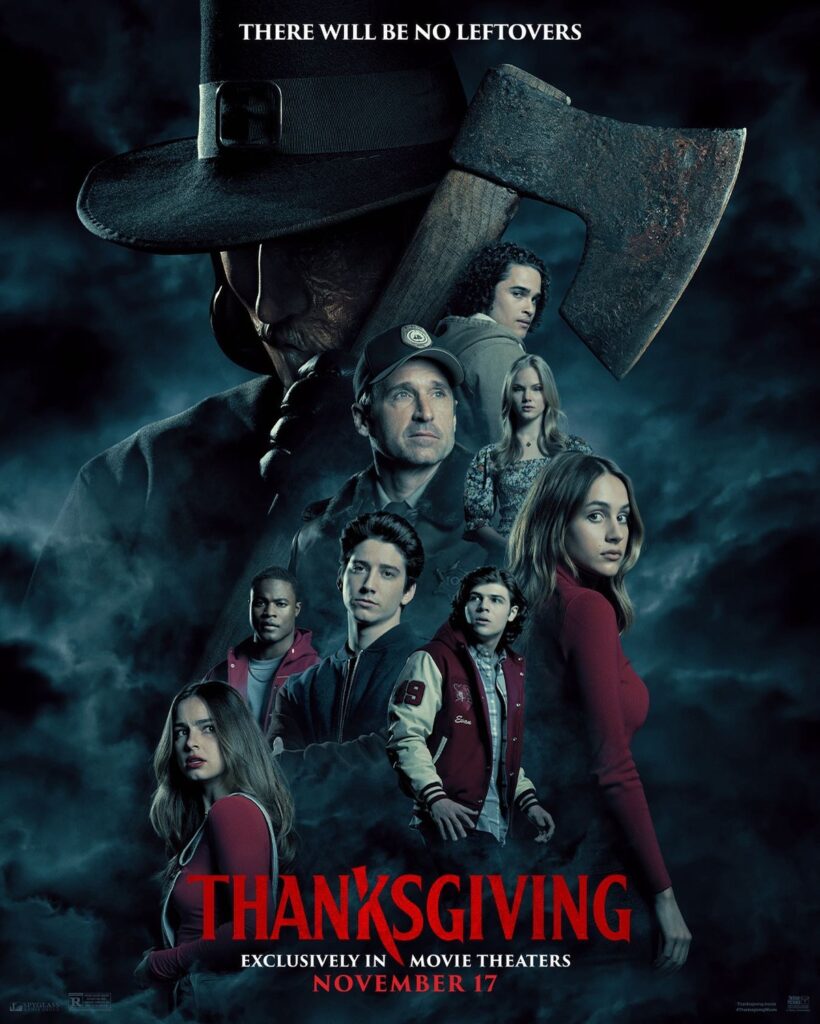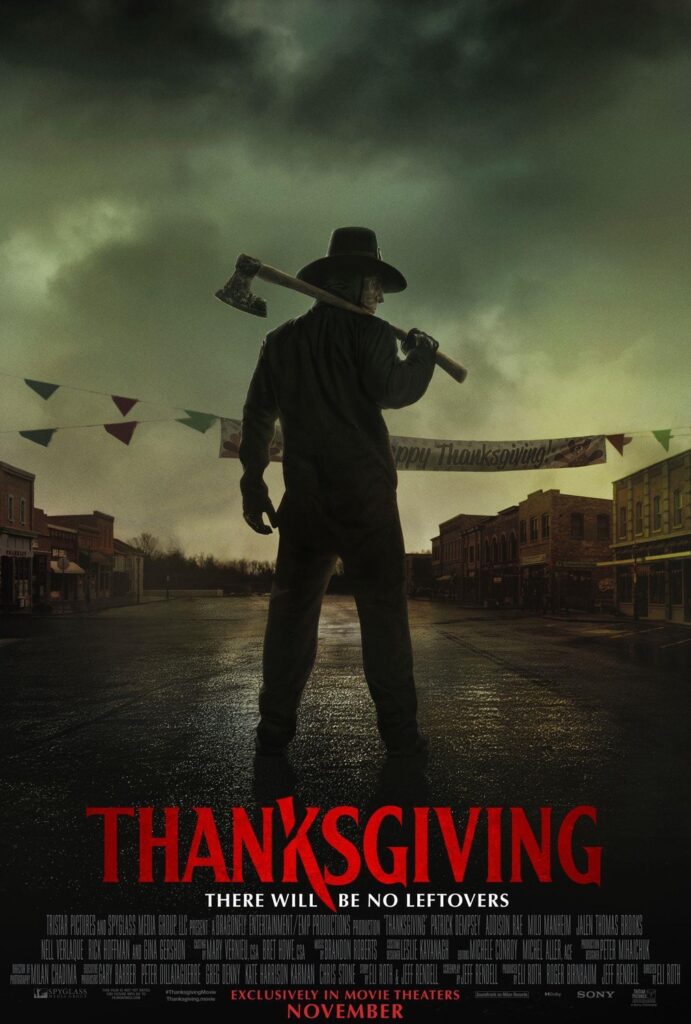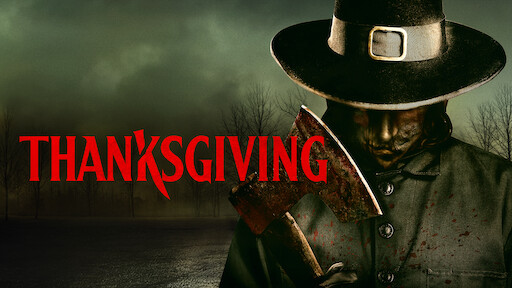There’s a brilliant and tragic idea in an essay by Carlee Gomes in Lo Specchio Scuro. She argues that the reason people are so precious and defensive about the the ethics of their consumption is that we have reached a point in capitalism that the only way know to communicate who we are is what we buy. That’s our last voice.
So what happens is a flattering of criticism of art. Ethical art becomes ‘good’ and unethical art becomes ‘bad’ because we don’t have the energy for any more complexity. And, God forbid, what if someone sees our embrace of nuance as a defense of a bad person?
It’s easy enough to dispose of a movie like WONDER WOMAN 1984. It’s a jumbled mess, with a rescue sequence that reinforces an audience’s discomfort with Gal Gadot’s Zionism. Plus, she’s just not a very good actress.
But adhering to that philosophy also means claiming with a straight face that there’s no value to ROSEMARY’S BABY. No movie more vividly captured the dread that young boomer women had around the imminent possibility of motherhood. The movie also captured the paranoia and nervousness that the country was collectively experiencing around birth defects related to thalidomide.
Roman Polanski is a rapist. He’s also one of the greatest directors of the last century. Reconciling the two feels impossible in a society that says our only remaining voice is buying things. This brings us at last to THANKSGIVING, both the film and the holiday.

Why invoke Gadot and Polanski? They represent the dual facets of Roth’s seemingly unrepentant shittiness. Since the start of current genocide in Gaza, Roth has used his social media platforms to loudly advocate for continued occupation and genocide. He has called for continued bombing and military action against clearly civilian targets.
Roth is also a sex pest, full-stop. Roth has written and stated in multiple interviews that when filming the fake THANKSGIVING trailer for GRINDHOUSE that he had actress Vendula Bednarova do dozens of additional takes of her topless jumping on the trampoline, and his offered justification was “It’s not an exploitation movie unless someone gets exploited.” Roth has also bragged about intentionally overstaffing his films with attractive women in low-paid jobs with little responsibility with the idea that these women would be sexually available to men on set. When Jordan Ladd pulled out of doing a topless scene in CABIN FEVER, he reworked the script to demand a second topless scene from Cerina Vincent and filmed it with her with less than a day’s notice. In no uncertain terms, he’s repulsive.

So why are we spending daylight on him? Roth uses THANKSGIVING to consider America’s relationship with conspicuous consumption, America’s layered and fraught history with immigration, and most compellingly, his own place within it all as both victim and perpetrator. His holiday horror reads as both confession and accusation.
Thanksgiving has become the day of the highest consumer spending in the United States. It eclipses the spending the following day on Black Friday largely due to online spending but some retailers, Wal-Mart included, have used the holiday to push foot traffic.
And so people with increasingly fewer means venture out, trying to find the right thing that says they are good, and that they love the people they’re shopping for, even if the person they’re shopping for is themselves. Especially if the person they’re shopping for is themselves.
It’s with these stakes in mind that Eli Roth explores THANKSGIVING. The film opens with a riot in a Wal-Mart (here named RightMart) after a group of wealthy teens are let into the story early before it’s evening opening and not content to simply grab some free stuff, one of the teens is the daughter of the owner, they taunt the crowd outside. The crowd knocks down the doors and erupts. One of the teens leaps up onto a checkout conveyer belt and films the riot instead of protecting people. People are wounded. People die.
The film then shows a montage of philanthropy as advertising and moves us into the present. In short order we meet a killer wearing a mask of Plymouth Colony’s first governor, John Carver. The killer is dispensing “justice” associated with the RightMart riot.
Some interesting ideas are at work here. Having the killer mask himself with colonial identity calls to mind the way the American right increasingly justifies their own behavior by ascribing their identity to lionized fore-bearers who immigrated “the right way.” This narrative always disregards displaced and murdered indigenous people in service of peddling a fiction of self-reliance and being the first to claim America. The Carver mask reminds me of Daniel Day-Lewis and is snarling speeches about how the last good immigrants were the Dutch in GANGS OF NEW YORK. Wearing a mask of the first pilgrim governor while killing is inherently political.
RightMart is owned by Thomas Wright, played by Jewish actor and frequent Roth collaborator, Rick Hoffman. Casting the Wright family as Jewish brings into focus America’s twin histories of relying on Jewish-owned department stores while resenting and othering the Jewish people who owned them. Sak’s, Bloomingdale’s, and Bergdorf Goodman all had Jewish founders. Maybe most notably Sears, was co-founded by Julius Rosenwald. In post-war America, many gentiles had their first taste of home ownership by purchasing a ready-made home from a Sears catalog. My Catholic mother grew up in one.
Later, as Carver’s vengeance climaxes as against the Wrights, he literally places one of them in an oven. It’s a potent image, both evocative of Thanksgiving tradition and the antisemitism against Jewish peddlers the film is contending with.
Roth grew up in Newton, Massachusetts, founded in 1630. It’s a mixture of right-leaning entrenched families, Jewish families that immigrated in the 19th century, and a growing arts and queer community. Roth grew up speaking Russian in addition to English. In his youth, Newton was home to both a Bloomingdale’s and a Sears and several locally-owned Jewish clothing and department stores.
Growing up in Newton, that antisemitism was part of Roth’s lived experience. His high school produced right-wing agitators Joe Rogan and “Bronze Age Pervert.” A man in a John Carver mask feeling entitled to Jewish suffering doesn’t seem too far a reach.

Then there’s the place of Jessica Wright (played by Nell Verlaque) in this, and what she represents to the film. She’s our final girl; this is a slasher, after all. Throughout the film, she’s unknowingly manipulated by the killer before the killer’s identity is revealed. They maneuver her into making his killing spree possible. The killer tells her with hollow eyes and a dull voice that none of this would be possible without her. He means it. THANKSGIVING is considerably less salacious in the way the camera views women than Roth’s previous work. The movie goes to some effort to recreate set pieces from the trailer in GRINDHOUSE, and so when I saw a cheerleader take to a trampoline, I assumed that would happen next is that she would jump topless, repeatedly, before being knifed in the vagina. And it never comes. Jessica, in particular, is paid more care than any women in Roth’s work since HOSTEL II. When the killer glumly tells Jessica he needed her to make his plan come together, it reads as confessional for Roth and his history of his plans requiring women to be unknowingly exploited to come together.
Roth is both aggressor and aggrieved. He’s a Jewish victim of antisemitism from pilgrim country and a filmmaker reliant on misogyny. THANKSGIVING seems to say both.
Art is often aspirational. It allows artists to imagine a best version of themselves and their world. Roth still has mountains of work to do, but this film seems to say he aspires to it.
THANKSGIVING delves into its intricate layers, exploring themes of consumerism, identity, and the filmmaker’s personal background. It’s both a window into Roth’s personal journey, as well as the broader cultural landscape in its exploration of antisemitism, misogyny, and anti-immigrant rhetoric. And I’m free to explore this imperfect but fascinating film, because what I buy is not my only voice. It’s not the measure of my character.
Happy Thanksgiving.
Tags: Addison Rae, Brian Cartwright, Gina Gershon, Holidays, Horror, Jalen Thomas Brooks, Jeff Rendell, Michel Aller, Michele Conroy, Milan Chadima, Milo Manheim, Nell Verlaque, Patrick Dempsey, Rick Hoffman, Thanksgiving



No Comments